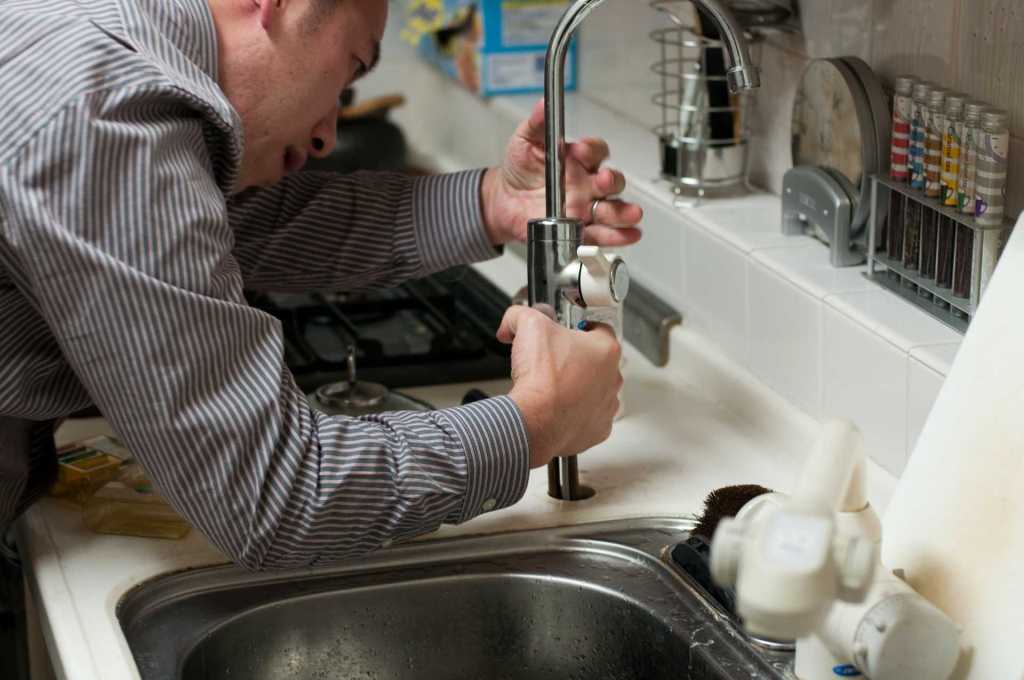Understanding plumber rates involves more than just comparing hourly rates. Factors such as experience, materials used, job complexity, and even regional cost of living all play a part in the final cost. To make sense of it all, it’s essential to delve into what influences these rates.
Historical Overview of Ottawa Plumber Rates
From the establishment of the city to its current status as Canada’s fourth-largest city, Ottawa’s plumbing industry has witnessed significant evolution. Over the years, as the city’s infrastructure developed and the demand for qualified plumbers increased, there was a corresponding rise in plumber rates, mirroring trends in the economy and labor market.
Plumbing Industry
Ottawa boasts a diverse range of plumbing businesses, from independent plumbers and small firms to large franchises. The industry is regulated by rigorous certification processes that ensure plumbers meet high standards, which further shapes the local plumber rates.
Key Factors Determining Plumber Rates
1. Skill and Experience
Plumbing is a highly skilled trade that requires extensive training and experience. For a plumber to be certified, they need to complete a four to five-year apprenticeship that combines on-the-job experience with technical training. Highly experienced plumbers who have honed their skills over many years of work are able to charge more than someone who is just starting out. They not only offer their technical expertise but also the wisdom to diagnose problems quickly and accurately.
2. Cost of Materials and Equipment
The cost of plumbing materials can vary widely depending on the job. A large project such as a bathroom renovation or a new home construction will obviously require more and varied materials than a small repair job. Additionally, plumbers use specialized tools and equipment that are necessary for their trade, which can be costly. Some jobs may require the use of more expensive tools, which will be factored into the cost of the job.
3. Complexity and Duration of the Job
The length of time a job takes and its complexity significantly influence the cost. For example, unclogging a toilet or fixing a leaky faucet might only take an hour or two, whereas re-piping a house could take several days. More complex jobs usually require more expertise and potentially more specialized tools or equipment. This is one of the main reasons why you might see such a large variation in quotes for different jobs.
4. Emergency Services
Emergency calls, such as a burst pipe in the middle of the night or a severely clogged toilet on a holiday, will often incur higher rates. This is because the plumber may have to drop everything they’re doing and quickly travel to your location, which disrupts their schedule and incurs extra costs.
5. Supply and Demand
As with any other industry, the balance of supply and demand greatly influences plumbing rates. If there’s a plumbing shortage or a surge in construction projects in Ottawa, the demand for plumbing services will exceed the supply, which can drive up rates.
Tips for Consumers
-
Get Multiple Quotes
Don’t settle on the first plumber you contact. Instead, try to get at least three quotes for the work you need done. This will give you a sense of the range of prices for the type of job you have. Remember that the cheapest isn’t always the best, so use the quotes to compare the scope of work, materials to be used, and timeline for completion along with the price.
-
Check Credentials
Ensure the plumber you hire is licensed, insured, and bonded. Licensing shows they have the necessary training and expertise, insurance protects you in case of damages, and bonding covers you if the plumber fails to complete the job or meet financial obligations to suppliers or subcontractors.
-
Request References
A reputable plumber should be able to provide references from previous clients. If possible, contact these references and ask about their experiences. Did the plumber complete the job on time? Were they communicative and professional? Did they clean up after completing the work?
-
Read Reviews and Ratings
Look up the plumber or plumbing company online. Websites and forums that provide reviews and ratings can give you an idea of the company’s reputation. However, take extreme positive or negative reviews with a grain of salt, and look for patterns in the comments instead.
-
Ask About Warranties or Guarantees
Some plumbers offer warranties or guarantees on their work. This provides assurance that if something goes wrong after the job is completed, the plumber will come back and fix it at no extra cost. Make sure to get any warranties or guarantees in writing.
-
Understand the Quote
Make sure the quote you receive is detailed and includes all potential costs. This should include materials, labor, and any potential contingency costs. If something isn’t clear, ask the plumber to explain it. Beware of quotes that are significantly lower than others, as this could mean the plumber is cutting corners or isn’t including all potential costs.
-
Avoid Paying the Full Amount Upfront
Some plumbers may request a deposit, especially for large jobs, but you should be wary of any plumber who requests the full payment upfront. It’s typical to pay a portion of the cost upfront, with the remainder due after the job is completed to your satisfaction.
In summary, numerous factors determine plumber rates, from the skill and experience of the professional to the complexity of the job at hand. By understanding these factors, consumers can make informed decisions and ensure they are getting the best value for their money.

“Typical beer trailblazer. Hipster-friendly web buff. Certified alcohol fanatic. Internetaholic. Infuriatingly humble zombie lover.”


